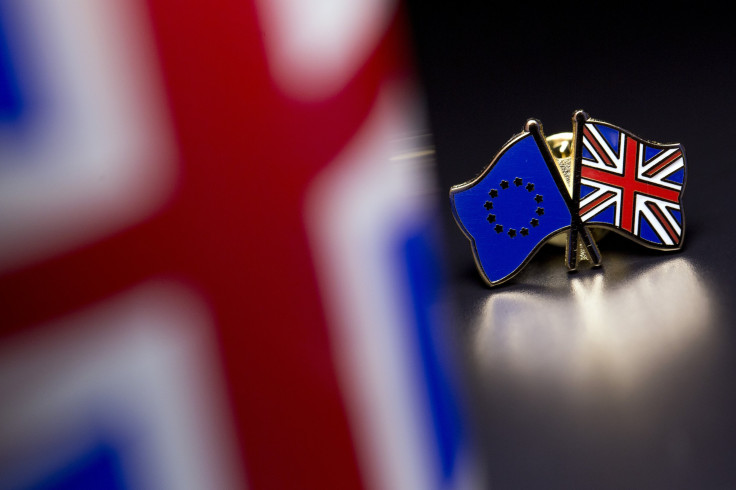Brexit Campaign Begins: ‘Out’ Camp Suggests NHS Boost; ‘In’ Warns Of Economic ‘Nightmare’

Campaigners from both sides of the Brexit debate Friday launch their efforts to persuade voters in the U.K.’s upcoming referendum on EU membership, as the 10-week campaign officially begins.
London Mayor Boris Johnson, who is head of the Vote Leave camp, will make a series of speeches around the U.K. on Friday to launch his side’s campaign. Johnson is expected to put Britain’s state-run National Health Service at the center of his campaign, claiming that the publicly beloved service would receive a multimillion-pound boost in funding if Britain quit the EU.
Alistair Darling, a former Chancellor of the Exchequer under the Labour party, will lead the “in” campaign, dubbed Britain Stronger In Europe. Darling is expected to warn that the U.K. faces “economic disaster” if it votes to leave the bloc, in speeches Friday.
Politicians from across the U.K.'s political spectrum are expected to appear at campaign events for both sides on Friday. Labour Member of Parliament Gisela Stuart will join colleagues from the ruling Conservative party, cabinet ministers Chris Grayling and Michael Gove, at Vote Leave events.
On the “in” side, Labour Party leader Jeremy Corbyn, who's been crirticized for his seemingly lackluster support for Britain's EU membership, came out Thursday to publicly back the Britain Stronger in Europe campaign, supported by his counterpart, Prime Minister David Cameron.
The selection of Johnson and the Vote Leave movement as the official campaign for Brexit supporters caused some controversy, as it saw the U.K. Independence Party leader Nigel Farage and his Grassroots Out movement snubbed, and threatened to delay the June vote pending a legal challenge from the movement that was subsequently dropped.
The campaign kicks off amid a controversy about government-funded leaflets, sent to every household in the U.K. at a cost of 9.3 million pounds ($13.1 million) of public money, urging voters to support Britain's continued membership of the EU. Pro-Brexit campaigners blasted the leaflets as “propaganda,” and said it was unfair for public money to be spent supporting one side of the referendum debate.
The commencement of the official, 10-week campaign period, in the runup to the June 23 vote, bring with it limitations on how much each campaign can spend. Officially sanctioned campaign groups can spend up to 7 million pounds ($9.9 million) of privately raised funds on their campaigns, in addition to 600,000 pounds ($851,000) of public money. Each campaign can also send a leaflet to every household in the U.K.
Polling on where the British public stands on the issue of Brexit is inconclusive, with some polls suggesting a lead for the “out” campaign but others saying that supporters of remaining in the bloc are a majority.
© Copyright IBTimes 2024. All rights reserved.





















